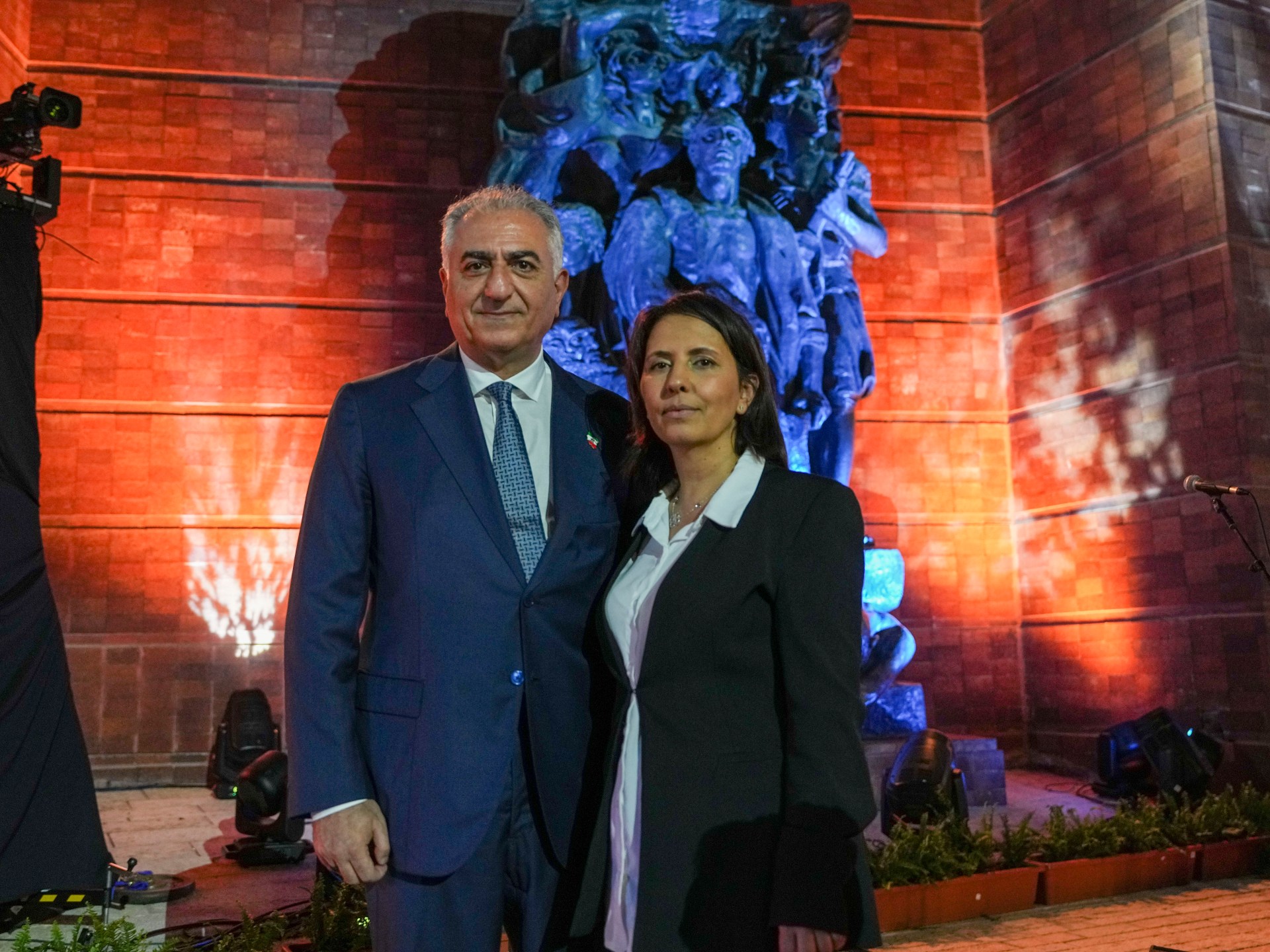Over-Reliance on Attracting Investment is Undermining Change at World Bank — Global Issues
NEW YORK / BRUSSELS, Jul 06 (IPS) – One message that was repeated throughout last month’s summit on a so-called “New Global Financing Pact” was that developing countries urgently need mass financing to tackle the climate and biodiversity emergency. And there is not enough of it in public coffers.
Unfortunately, the false narrative that the only way to fill this gap is to ‘leverage’ more private finance also persisted. The resulting Paris Agenda for People and Planet stated: “meeting global challenges will depend on the scaling up of private capital flows.” This should be achieved in large part by revamping the role of multilateral development banks (MDBs).
Last December, the World Bank Group (WBG), the biggest MDB, launched its so-called “evolution” process, with the support of G7 governments. This set the institution to work on increasing its lending by deepening its reliance on the financial market.
The dogged reliance on private capital as saviour appears to be steeped in capitalist realism. It is believed to be implausible for the public sector to deliver the scale of financing needed to address the climate and development crisis.
Private capital, which can be leveraged using public money, securitised and reproduced is favoured as the pragmatic choice. However, while the financing gap to deliver on the sustainable development goals is very real, the neat narrative buttressing private capital obscures two empirical realities.
First is the absence of rich countries’ political will to deliver on agreed commitments, from the 0.7 per cent of Gross National Income in development aid made in 1970 to the US$100 billion per year climate financing agreed in 2009.
Second, the ongoing systemic wealth drain from developing to rich countries. Since 1982, developing countries as a whole have transferred an estimated US$4.2 trillion in interest payments to global north-based creditors, far outstripping aid flows and concessional lending during the same period.
Additionally, tax-related illicit financial flows cost countries hundreds of billions of dollars in lost tax income every year. Debt servicing is draining approximately 25 per cent of total government spending in developing countries as a whole, hijacking both climate and SDG (Sustainable Development Goals) financing.
The allure of private finance
Last month, in a new attempt to ‘leverage’ private capital, the WBG launched the Private Sector Investment Lab, a partnership with the private sector that aims to “rapidly scale solutions that address the barriers preventing private sector investment.”
Furthermore, it announced “an expanded toolkit for crisis preparedness, response, and recovery” that includes providing “new types of insurance” to backstop private sector projects. This follows a not-so-new pattern articulated in the WBG’s Evolution Roadmap draft published in April
While the WBG is set to expand its mandate to incorporate “sustainability” considerations, the approach is still rooted in a heady cocktail of de-risking instruments such as risk guarantees, blended finance and first-loss positions by governments, and in tweaking national regulatory frameworks to enable a business-friendly environment.
The goal is as singular as the solution: to make investment more profitable for the private sector. The (optimistic) rationale: ‘incentivising’ private capital will ‘crowd in’ economic growth and climate, biodiversity and development financing. This assumes that it is possible to equate commercial goals and the public interest, which is not always the case without creating financial barriers that undermine access to public services, such as user fees.
It also ignores that risks are transferred from private to public actors, further increasing debt vulnerabilities, and the developmental dilemma posed by prioritising private profits over distributive goals and state sovereignty.
In ongoing discussions about the Roadmap, it is yet to be seen if the WBG will incorporate sufficient provisions within its plans to ensure the recipient state’s right to regulate in the public interest for a rights-based economy that upholds distributive justice. That is, economic, climate and gender equity.
Solutions with legitimacy
The largest coalition of developing countries in the United Nations (known as the “Group of 77”), representing 134 nations, have been calling for reform of the international tax, debt and financial architecture for many years.
These calls, enshrined in resolutions adopted by the UN General Assembly, includes establishing a multilateral legal framework that would comprehensively address unsustainable and illegitimate debt, including through extensive debt restructuring and cancellation, and agreeing on a UN Tax Convention with equitable participation of developing countries to address tax abuse by multinational corporations and other illicit financial flows.
As was made clear last month in several developing countries’ calls, a reform agenda should not be limited to merely boosting MDBs’ coffers – via financial innovation techniques – but rather include governance reform that meaningfully augments the voice and vote of developing countries in macroeconomic decision-making, which is the litmus test for legitimate and democratic economic governance.
Furthermore, for many in civil society, for the WBG to “evolve” in a credible way it must also seek to independently evaluate the development impact of its policy prescriptions for developing countries over recent decades. Civil society organisations are stating this again in official feedback on the Evolution Roadmap submitted to the Bank this week.
The ways in which the mythology of the private financier is construed dangerously omits the concrete reforms for historical economic justice, and state sovereignty, that the global south are demanding. This disjuncture calls for a clear-eyed questioning of the allure of private finance. Here lies the difference between new forms of extraction as opposed to change towards redistributive justice.
https://www.eurodad.org/civil_society_calls_for_rethink_of_world_banks_evolution_roadmap
Bhumika Muchhala is Political Economist and Senior Advisor at Third World Network
and María José Romero is Policy and Advocacy Manager at the European Network on Debt and Development (Eurodad)
IPS UN Bureau
Follow @IPSNewsUNBureau
Follow IPS News UN Bureau on Instagram
© Inter Press Service (2023) — All Rights ReservedOriginal source: Inter Press Service
Check out our Latest News and Follow us at Facebook
Original Source






